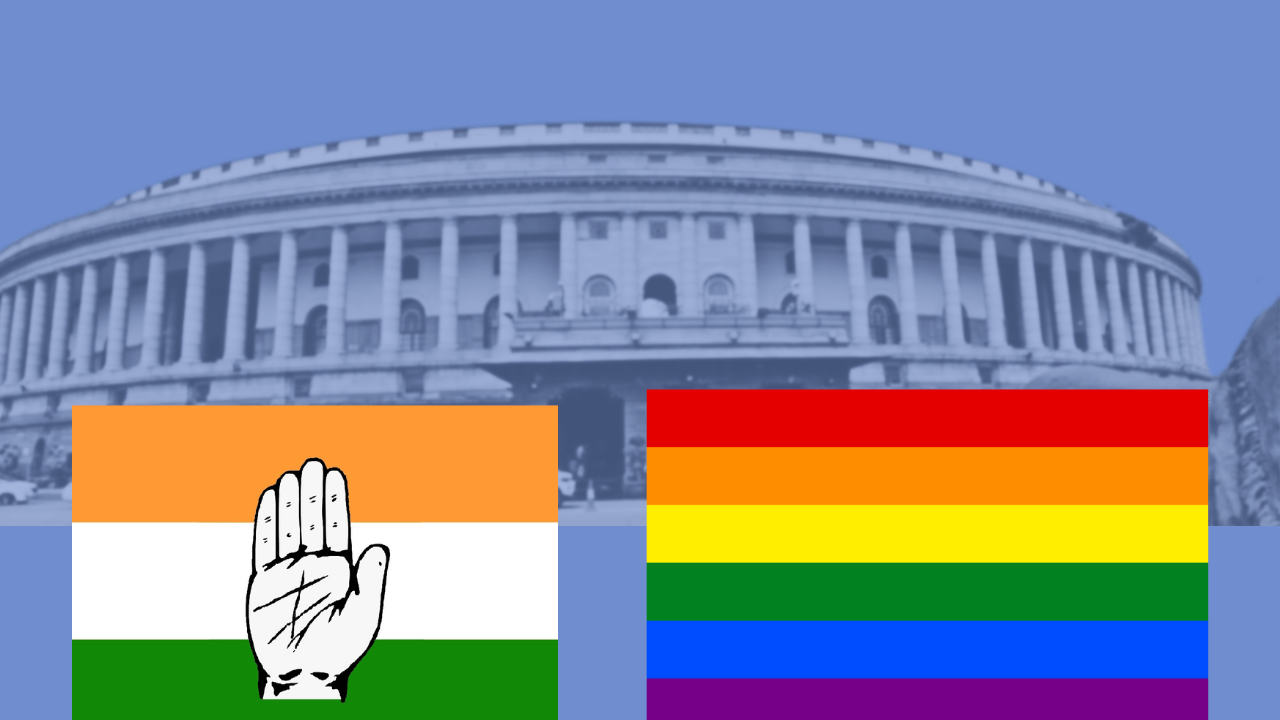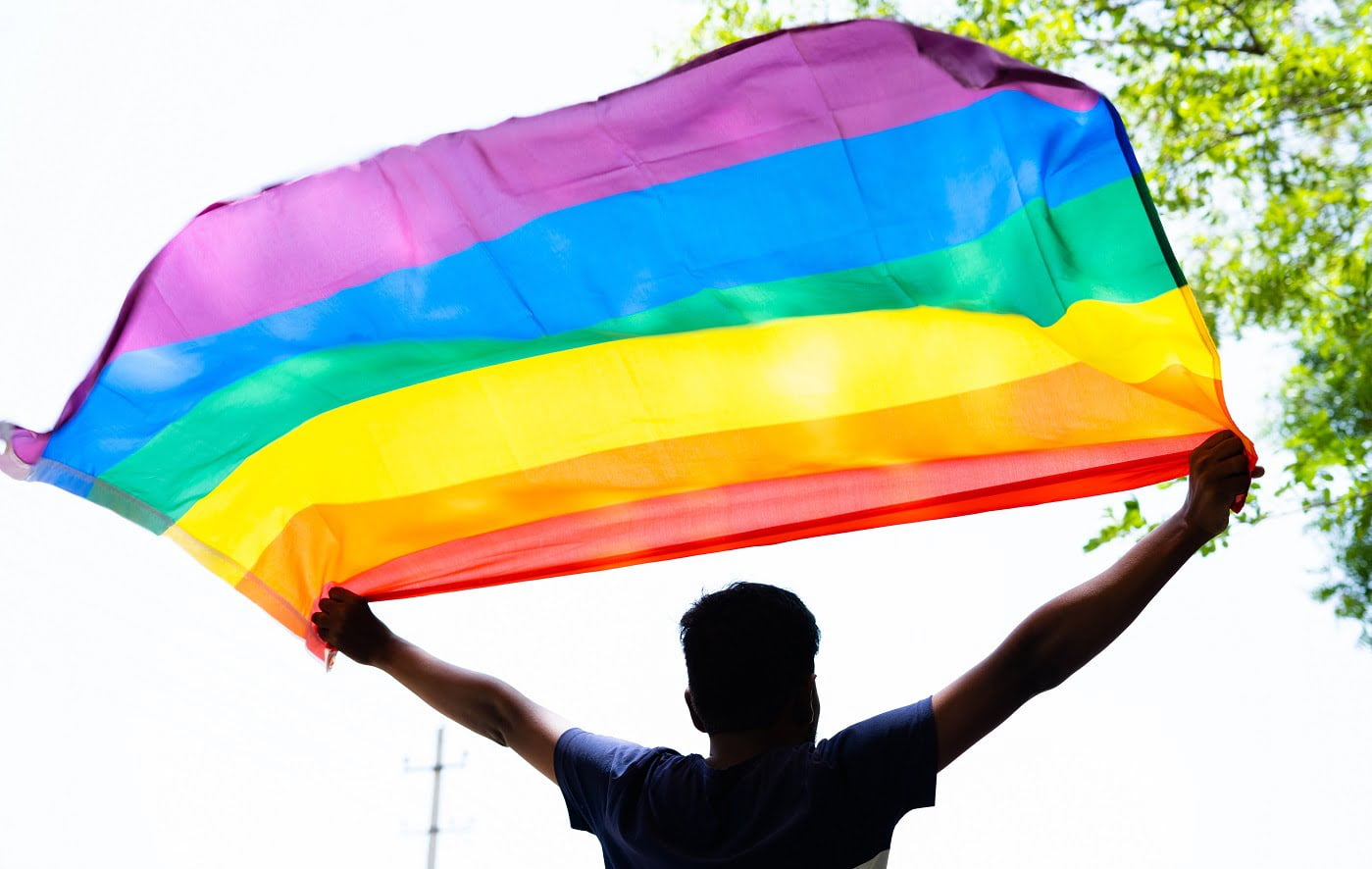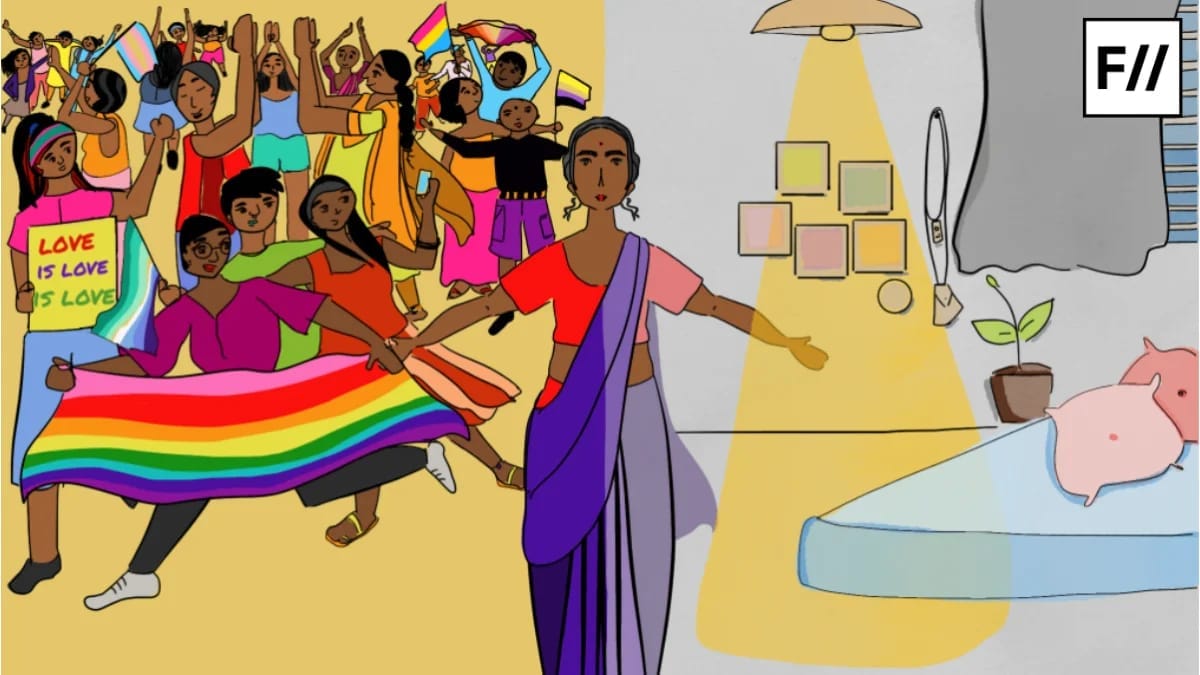The Obergefell v. Hodges ruling by the U.S. Supreme Court on June 26, 2015, was a landmark decision that declared same-sex marriage bans unconstitutional nationwide, including in Michigan, Kentucky, Ohio, and Tennessee. This ruling was based on a challenge to the Fourteenth Amendment of the U.S. Constitution, which protects individuals from discriminatory state action and ensures equal protection under the law.
One significant aspect of this judgment was the shift in public opinion, particularly within the Democratic Party, towards supporting same-sex marriage by the time the case reached the top court. While in 2008, only half of Democrats favored legalising same-sex marriage, support increased to 65% by 2012. Even among Republicans and independents, there was a gradual increase in support for same-sex marriage, albeit in smaller percentages.

The evolution of then-President Barack Obama’s stance on same-sex marriage is emblematic of this broader societal shift. Initially undecided in 1998 and later advocating for civil unions, Obama eventually became the first U.S. president to openly support same-sex marriage in May 2012. In contrast, many Republican-held legislatures maintained their rigid position on marriage equality, upholding bans on same-sex marriage, while Democratic-led legislatures voluntarily embraced marriage equality.
This story underscores the importance of strong allies for LGBTQ+ rights, particularly within political parties, to counter legislative hostility. In the United States, the Democratic Party largely stood in support of LGBTQ+ rights by the time the marriage equality debate reached the Supreme Court. However, the scenario in India presents a stark contrast. When the Supreme Court of India began hearing petitions for marriage equality, the Solicitor General of India, Tushar Mehta, called upon individual states to present their positions on the issue. Sadly, none of the states expressed support for marriage equality. Instead, three states—each governed by different parties—demonstrated rare unity in opposing the cause. The state governments of Assam (BJP), Rajasthan (Congress), and Andhra Pradesh (YSR Congress) all opposed legalising same-sex marriage. Additionally, the governments of Maharashtra (Shiv Sena), Uttar Pradesh (BJP), Manipur (BJP), and Sikkim (Sikkim Krantikari Morcha) requested more time to formulate their responses.
The BJP, Congress, and YSR Congress presented similar arguments in their submissions opposing same-sex marriage, primarily rooted in traditional values, procreation, religious beliefs, and cultural norms.
The BJP, Congress, and YSR Congress presented similar arguments in their submissions opposing same-sex marriage, primarily rooted in traditional values, procreation, religious beliefs, and cultural norms. They contended that marriage historically serves the purpose of procreation and ensuring fertility for future generations, thus deeming same-sex unions incompatible with this critical function. Additionally, they cited legal frameworks such as the Hindu Marriage Act, Muslim Law, and Special Marriage Act, arguing that recognising same-sex marriage would contravene these established legal statutes. Consequently, they prioritised preserving traditional values, religious doctrines, and cultural traditions, without considering how such positions may infringe upon the fundamental rights of LGBTQ+ communities and contravene principles of equality.
While such arguments were anticipated by the BJP due to its conflicting and somewhat apathetic stance on homosexuality, it was surprising to see the Rajasthan Congress take an ideologically similar position. Thus, the 2024 Congress Manifesto’s promise to pass a law recognising civil unions for LGBTQ+ couples raises questions about the party’s sincerity and whether it is merely posturing for queer votes ahead of the 2024 Lok Sabha elections (also known as ‘queer baiting’).
The Congress party’s position on marriage equality: hollow promises or genuine commitment?
Under the law, the Congress Party has the power to legislate on marriage equality even today in states like Himachal Pradesh, Telangana, and Karnataka, where they hold a majority of seats. They need not wait to come into power at the center to make it happen.
Writing for the minority in the marriage equality case (Supriyo v. Union of India), Justice D.Y Chandrachud and Justice S.K Kaul collectively held that while LGBTQ+ couples did not have the constitutional right to marry, they did have the right to form a union- and the state had a duty to recognise them legally. However, this declaration was non-binding because the other three justices on the constitutional bench delivered the majority verdict, holding it was up to the legislature – at both the state and national level – to pass laws governing LGBTQ+ relationships; what shape and form it would take- be it through the legal recognition of unions or marriages or none at all would lie within their remit and not the courts. The impact of this judgment was no real relief for LGBTQ+ couples and a complete abdication of responsibility to the legislature.
This judgment, read in concurrence with Entry 5 of List 3 in the Seventh Schedule of the Constitution, empowers both state and central governments to enact laws governing marriage and divorce, including same-sex marriage. Thus, the consultative process that the Congress promises in its election manifesto could have started in 2018, soon after the Supreme Court of India diluted Section 377 of the Indian Penal Code in Navtej Singh Johar v. Union of India; doing so would have given the Congress party the distinction of being the first party in Indian history to recognise LGBTQ+ union hood at the state level. However, the party’s top leadership chose to maintain a stoic silence both during the Supriyo hearings and after the verdict was announced, and the Rajasthan government went a step further by opposing legalisation in his state. This discrepancy between the Congress’s promise in the Manifesto and its actions on the ground demonstrates half-heartedness and ideological inconsistency.
It is also surprising that the Congress Party is ready to hold consultations with relevant stakeholders to pass a law favorable to LGBTQ+ couples, but they have already foreclosed the possibility of ensuring that the law grants an equal right to marry. A civil union, as the minority in Supriyo clearly held, is not the same as marriage. While the Democrats in the US also took time to come around to marriage equality, the Congress Party has the benefit of looking at history and learning from the struggles faced by LGBTQ+ people. They need not make the same mistakes as the Democrats, and the sooner they recognise that denying full equality to the LGBTQ+ community will tarnish their purported liberal stance, the better.
This discrepancy between the Congress’s promise in the Manifesto and its actions on the ground demonstrates half-heartedness and ideological inconsistency.
This is imperative, particularly because the party often emphasises its commitment to progressiveness, secularism, and liberal values. For example, soon after the marriage equality verdict, a senior congressman and Rajya Sabha Member of Parliament tweeted that the party had ‘always’ stood with its citizens to safeguard their freedoms, choices, liberties, and rights. He emphasised that the Congress party was a ‘party of inclusion’, firmly committed to non-discrimination in all spheres of society. However, these words appear insincere in light of the party’s inaction on marriage equality at the state level and its failure to commit to passing relevant legislation if elected at the center.
Advancing equality through legislative action
As the United States also heads to polls this year, voters have a clear ally on abortion rights. Ever since their Supreme Court overturned Roe v. Wade in 2022 and relegated the matter to individual states, Governors in Democrat-led states immediately spurred to action, passing a slew of laws and constitutional amendments to not only codify abortion rights at the state level but also make abortion access easier. Their messaging was crystal clear- a win for Democrats would be a guarantee for abortion rights.
Despite polls showing poor approval ratings for Joe Biden over his handling of the conflict in Gaza, abortion is proving to be a winning issue for them because they have walked the walk and talked the talk. The LGBTQ+ community in India need similarly committed political allies. They have, on the one hand, a conservative government that is staunchly opposed to their right to marry and found a family, and on the other hand, a leading opposition party that is ready to pass a law on civil unions but not grant full marriage rights either.
With most polls predicting a comfortable victory for the BJP-led NDA coalition government in the upcoming elections, the prospect of LGBTQ+ couples receiving relief in the next five years seems unlikely. Nevertheless, activist groups now have an opportunity to lobby Congress and other opposition parties to take a firmer stance on marriage equality and translate rhetoric into action.
It is crucial for all opposition parties, especially Congress, to differentiate themselves firmly from the BJP and uphold their commitment to liberalism and secularism.
It is crucial for all opposition parties, especially Congress, to differentiate themselves firmly from the BJP and uphold their commitment to liberalism and secularism. By championing the cause of marriage equality, they not only stand to be on the right side of history but also align with the principles of equality and justice enshrined in the Indian Constitution. One just hopes that the Congress acts sooner rather than later.
About the author(s)
Kanav is a postgraduate from Azim Premji University, Bangalore. He identifies as queer for personal and political reasons. All views are personal.






